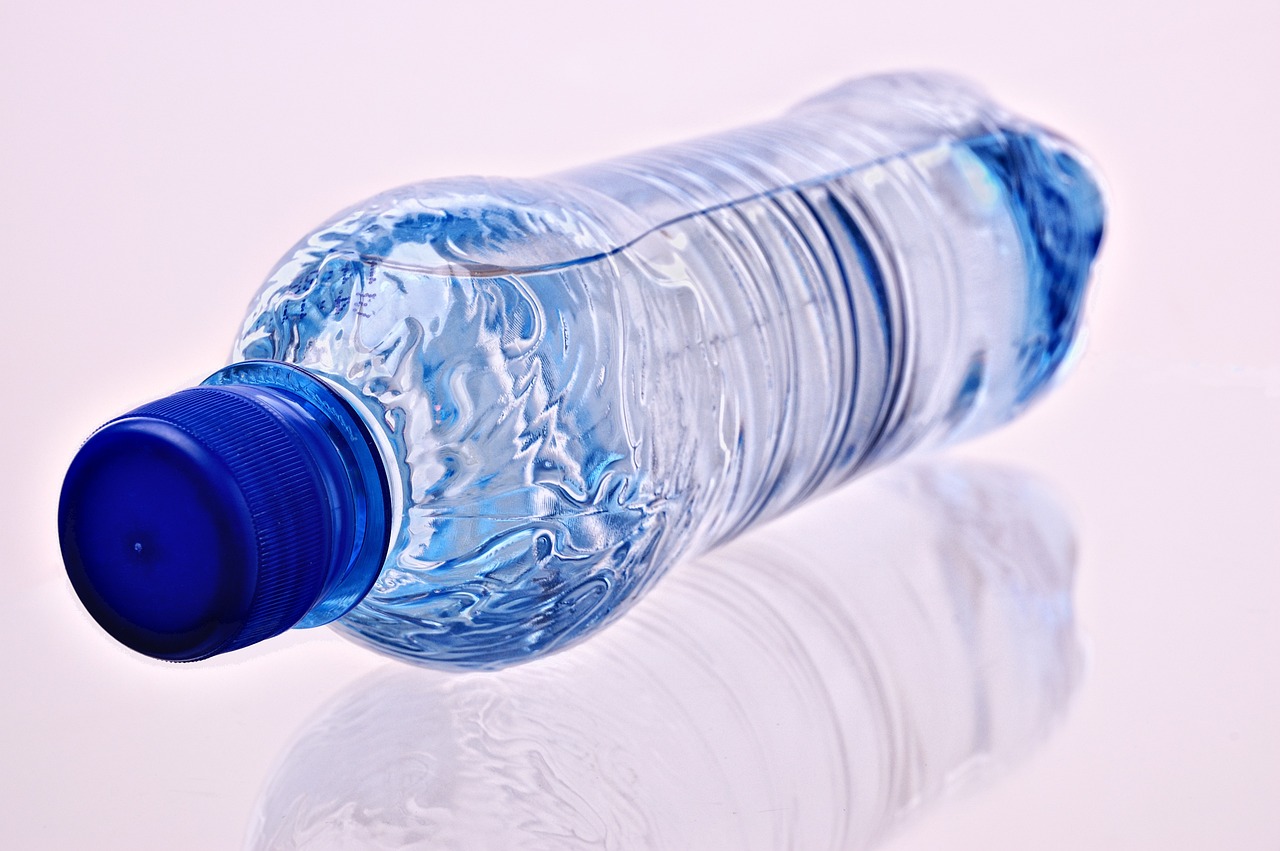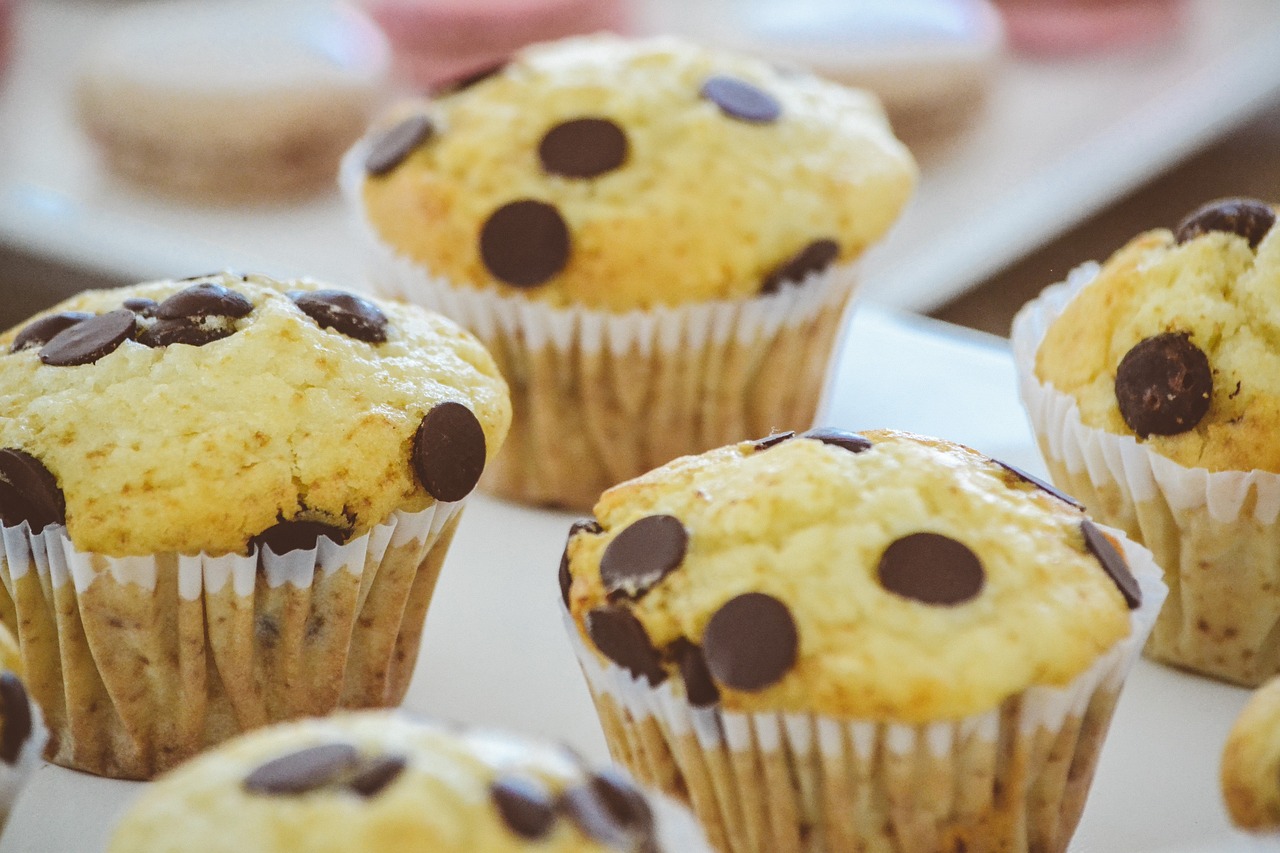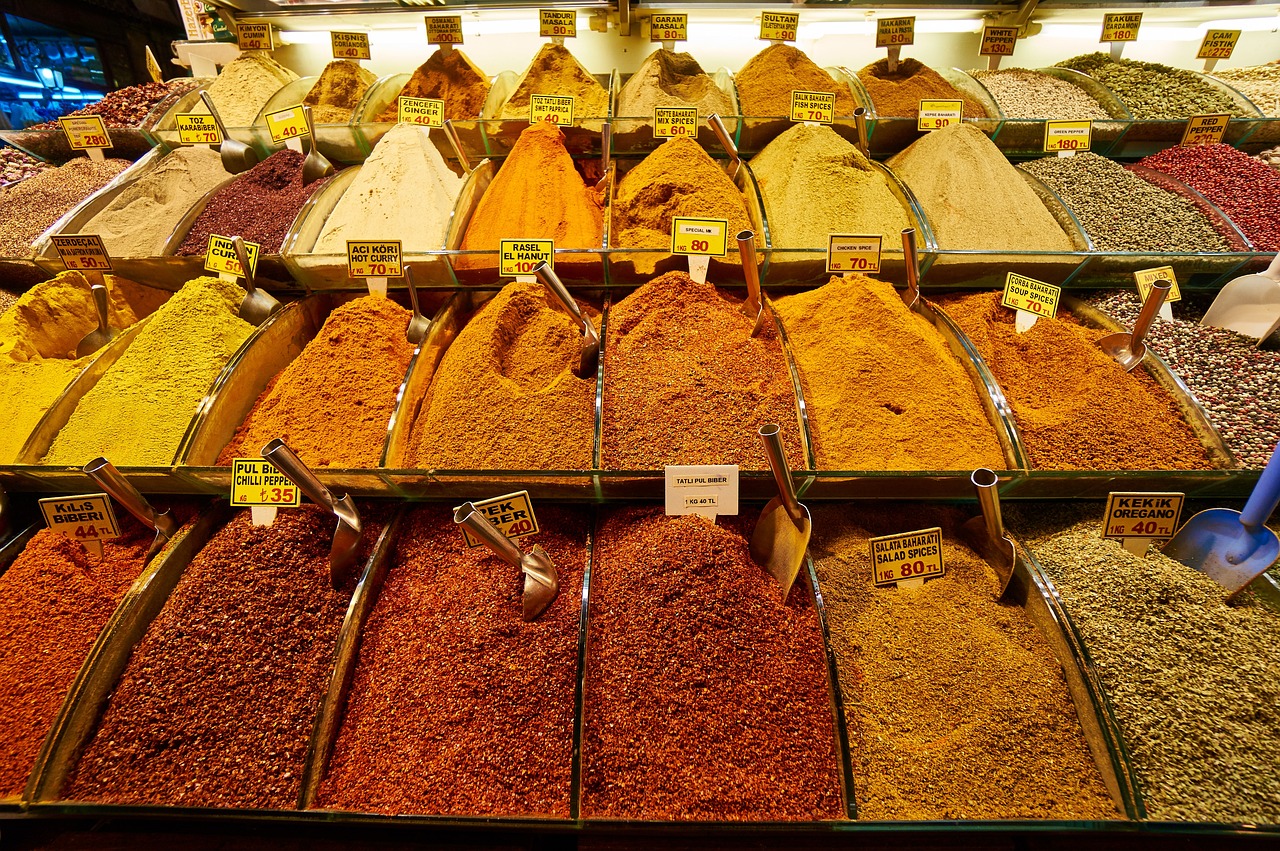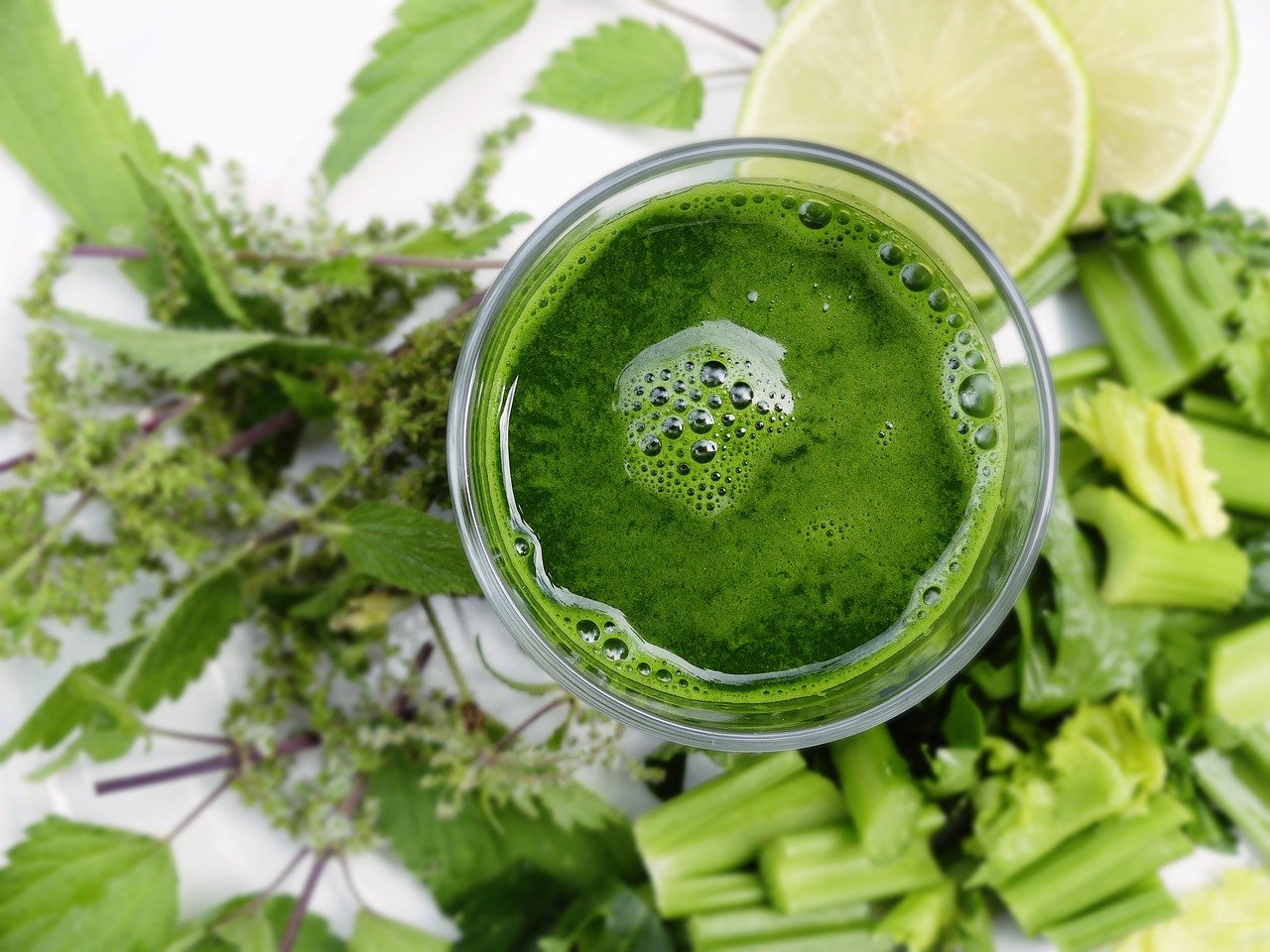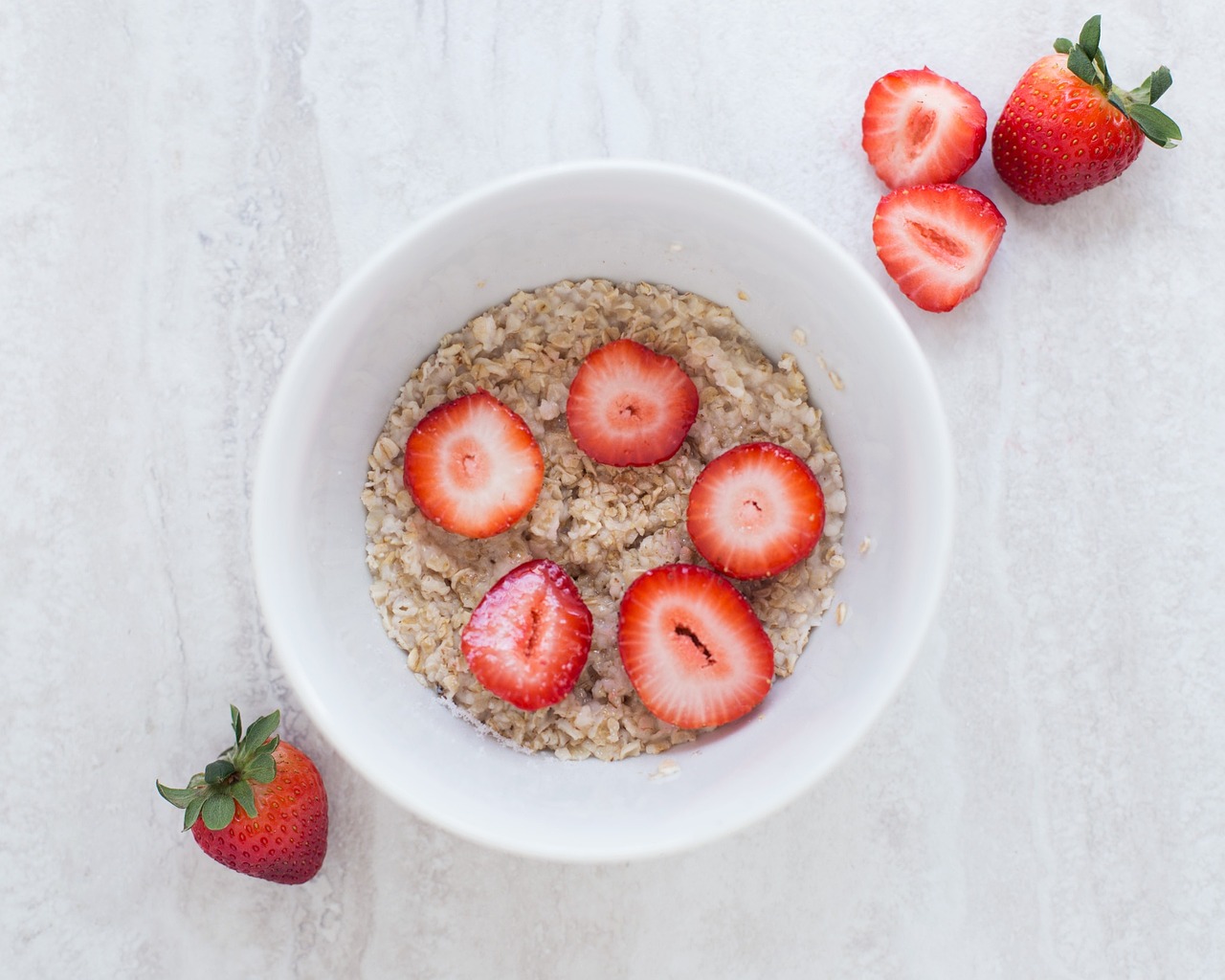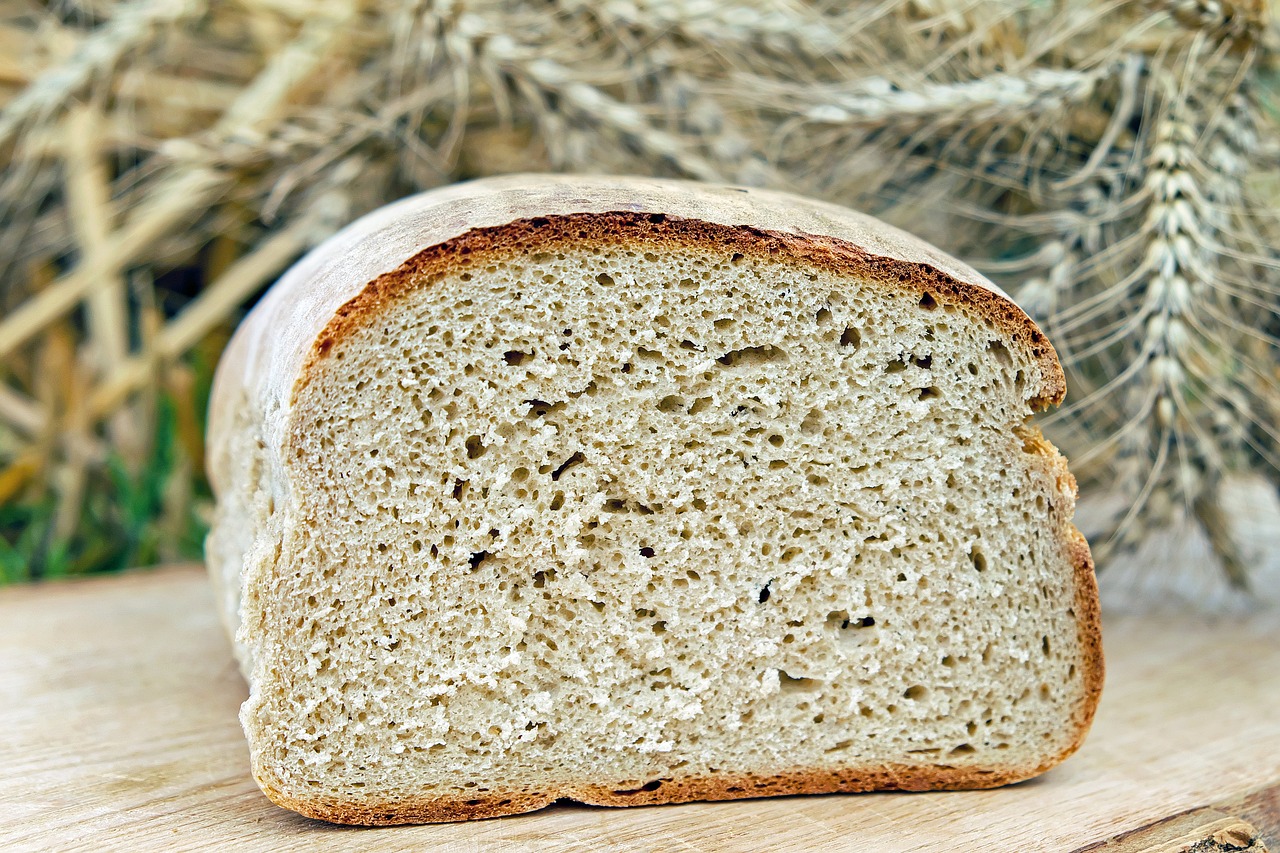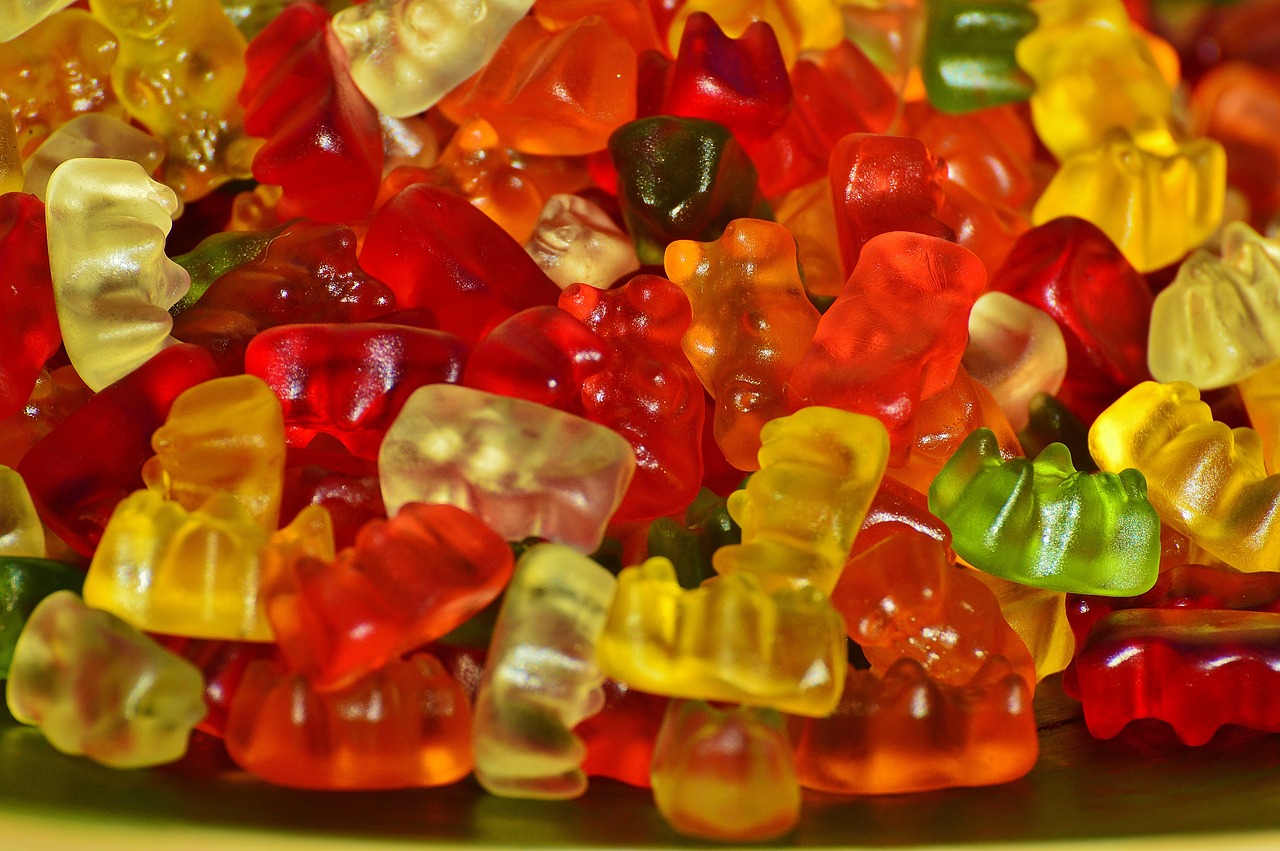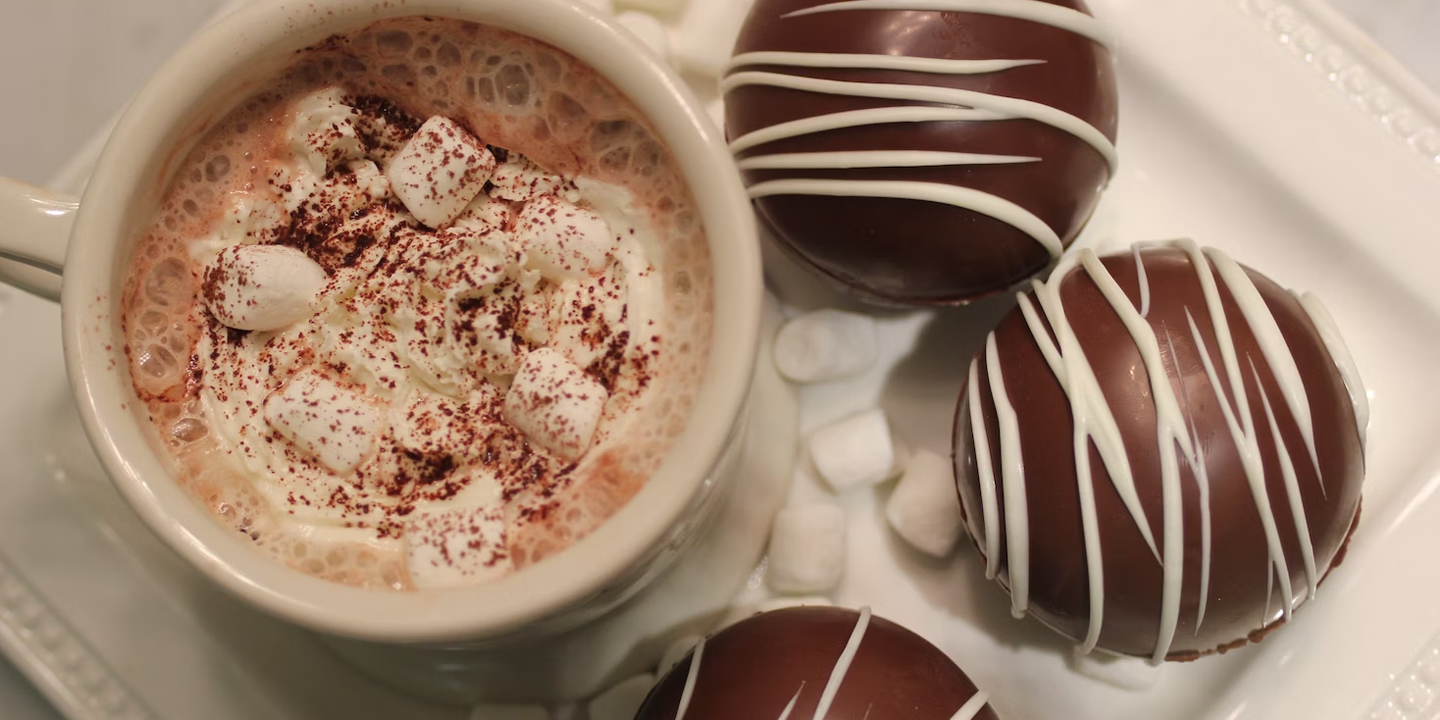When it comes to grocery shopping, most of us aim for convenience, flavour, and, hopefully, nutrition. But sometimes, what's on the shelves might not be the best choice for our health, wallet, or taste buds. Here's a list of 30 foods that are better left in the store, along with reasons why skipping them can be a smart move.
1. Pre-cut Fruits and Vegetables
Pre-cut fruits and veggies might save you time, but they often come with a hefty price tag and a shorter shelf life. The packaging can also lead to a loss of nutrients and flavour. You're better off buying whole produce and cutting it yourself.
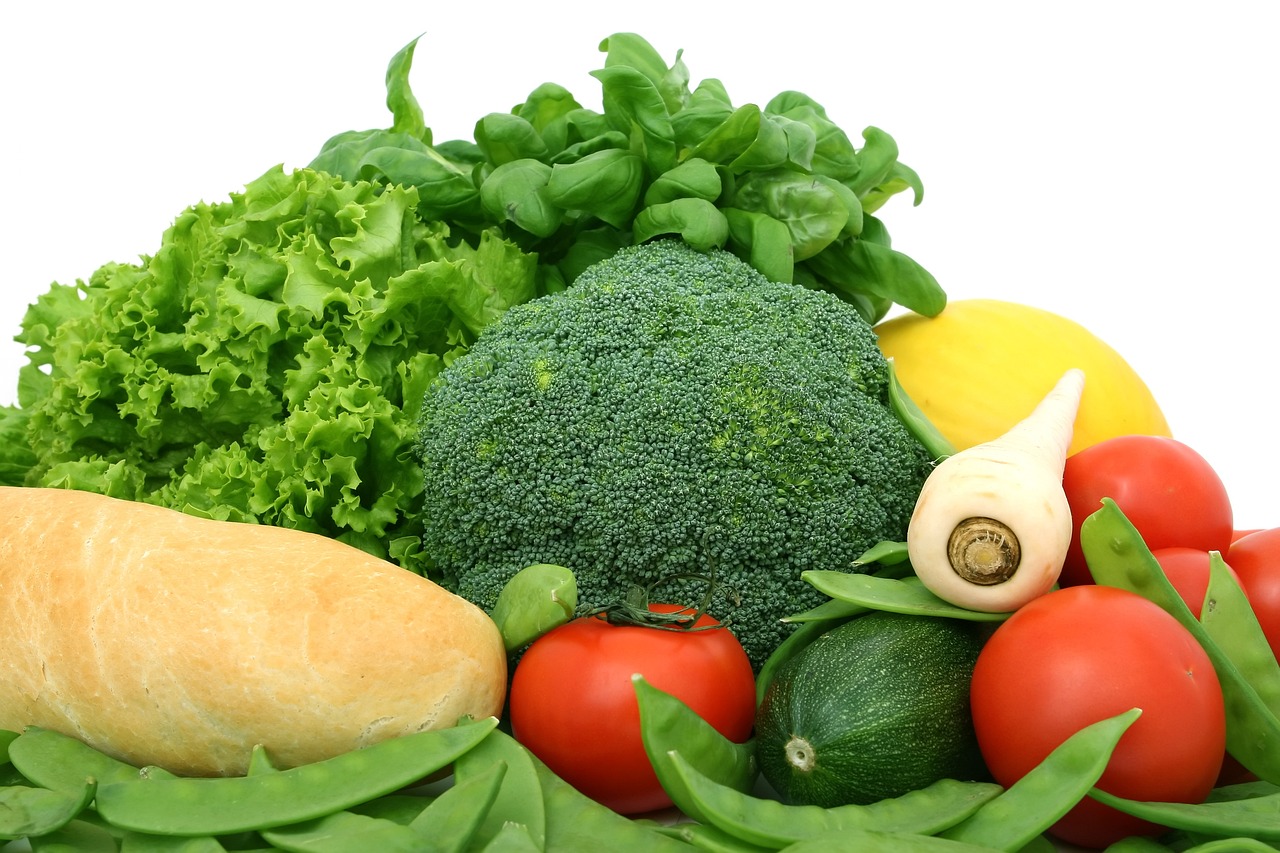 Image by Robert Owen-Wahl from Pixabay
Image by Robert Owen-Wahl from Pixabay
2. Bottled Water
Bottled water is not only more expensive than tap water; it's also less eco-friendly due to the plastic waste. If you're concerned about water quality, invest in a good filter for your home tap.
3. Soda
Soda is loaded with sugar and empty calories, offering no nutritional benefits. Regular consumption can lead to health issues like obesity and diabetes. Opt for water, tea, or natural juices instead.
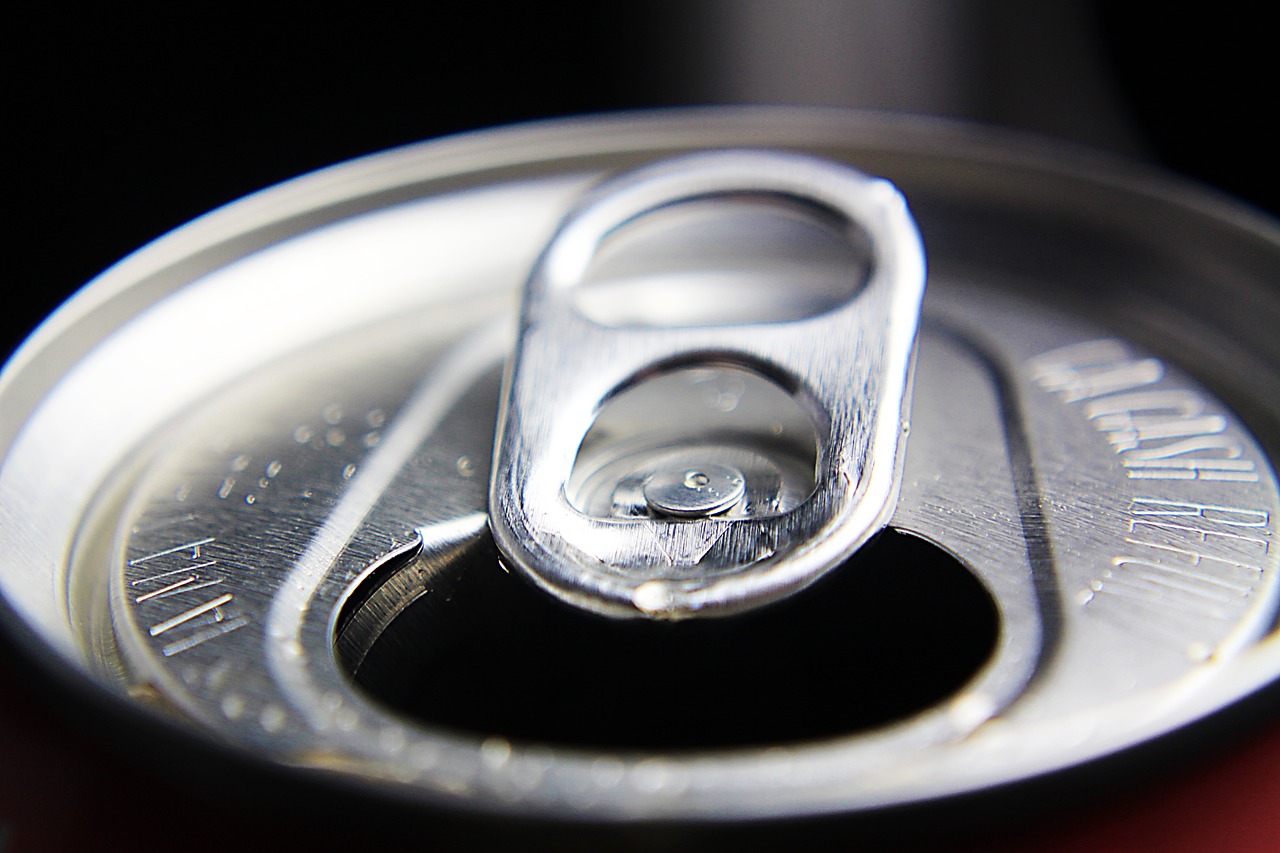 Image by gepharts3d from Pixabay
Image by gepharts3d from Pixabay
4. Processed Baked Goods
Those pre-packaged cakes and cookies are tempting, but they're often full of preservatives, artificial flavours, and trans fats. Homemade baked goods are healthier and taste better without all the added junk.
5. Frozen Dinners
Frozen dinners may be convenient, but they're usually high in sodium and preservatives. They also tend to be less satisfying than a meal you cook yourself. Cooking in bulk and freezing portions is a healthier and cheaper alternative.
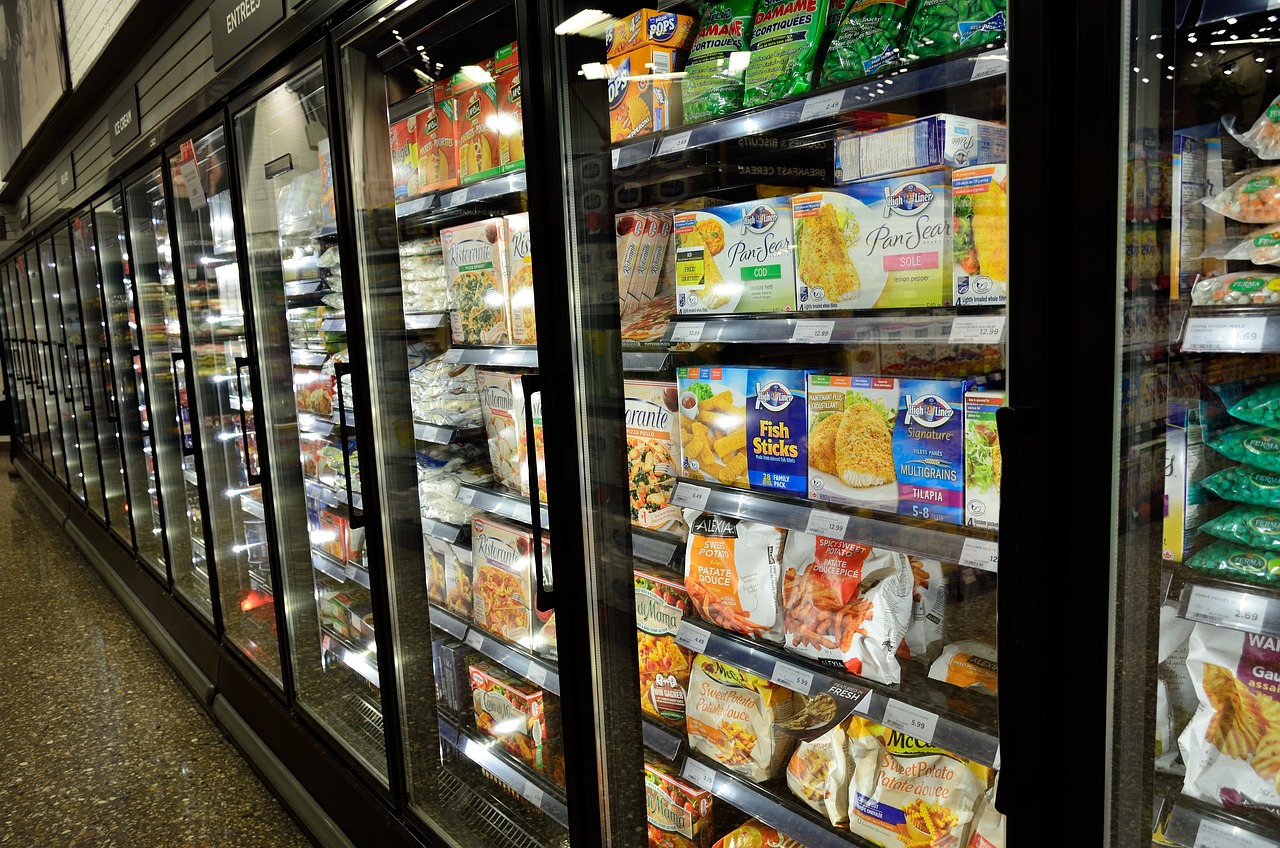 Image by ElasticComputeFarm from Pixabay
Image by ElasticComputeFarm from Pixabay
6. Canned Soup
Like frozen dinners, canned soups are often high in sodium and preservatives. Making soup at home is easy, allows for better control of ingredients, and can be frozen for future meals.
 Image by Security from Pixabay
Image by Security from Pixabay
7. Instant Noodles
Instant noodles are a quick meal but are high in sodium, preservatives, and often lack nutritional value. Preparing a simple pasta dish with fresh ingredients is just as easy and much healthier.
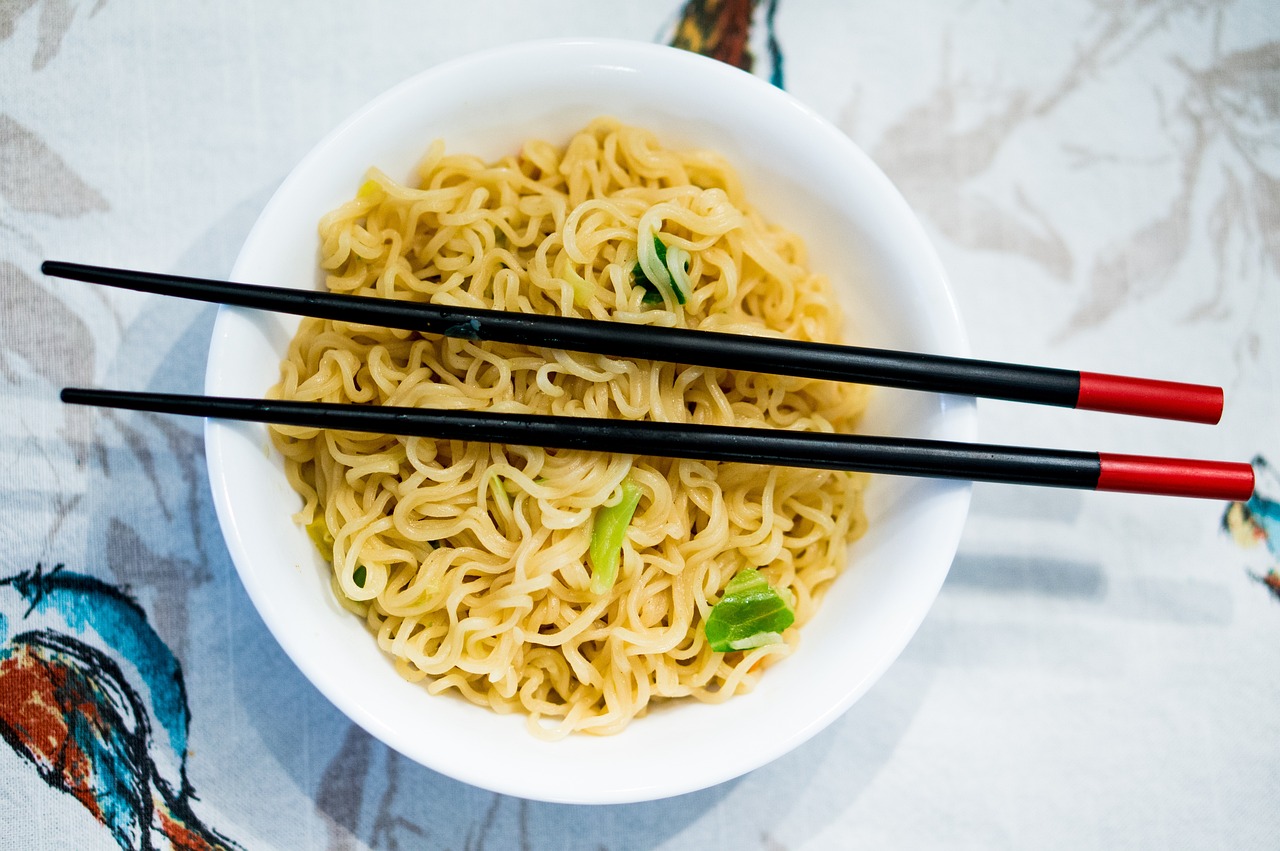 Image by Lindsey White from Pixabay
Image by Lindsey White from Pixabay
8. Energy Drinks
Energy drinks can provide a quick boost but are loaded with sugar and caffeine. Overconsumption can lead to heart issues and anxiety. Natural energy sources like fruits or a small cup of coffee are better choices.
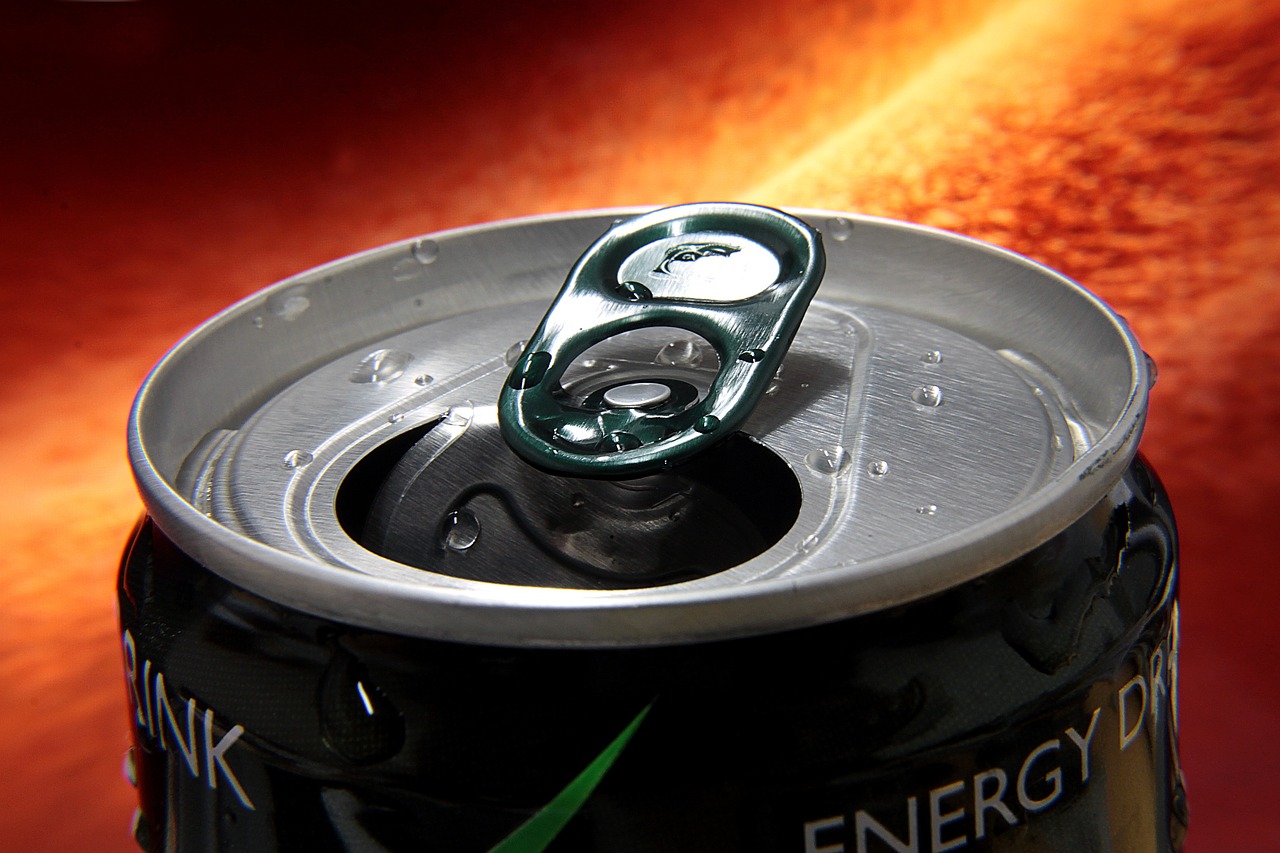 Image by Adriano Gadini from Pixabay
Image by Adriano Gadini from Pixabay
9. Pre-packaged Salad Mixes
Pre-packaged salad mixes often cost more per serving than buying the greens separately. They also have a shorter shelf life and can harbor bacteria. Washing and chopping your greens ensures freshness and safety.
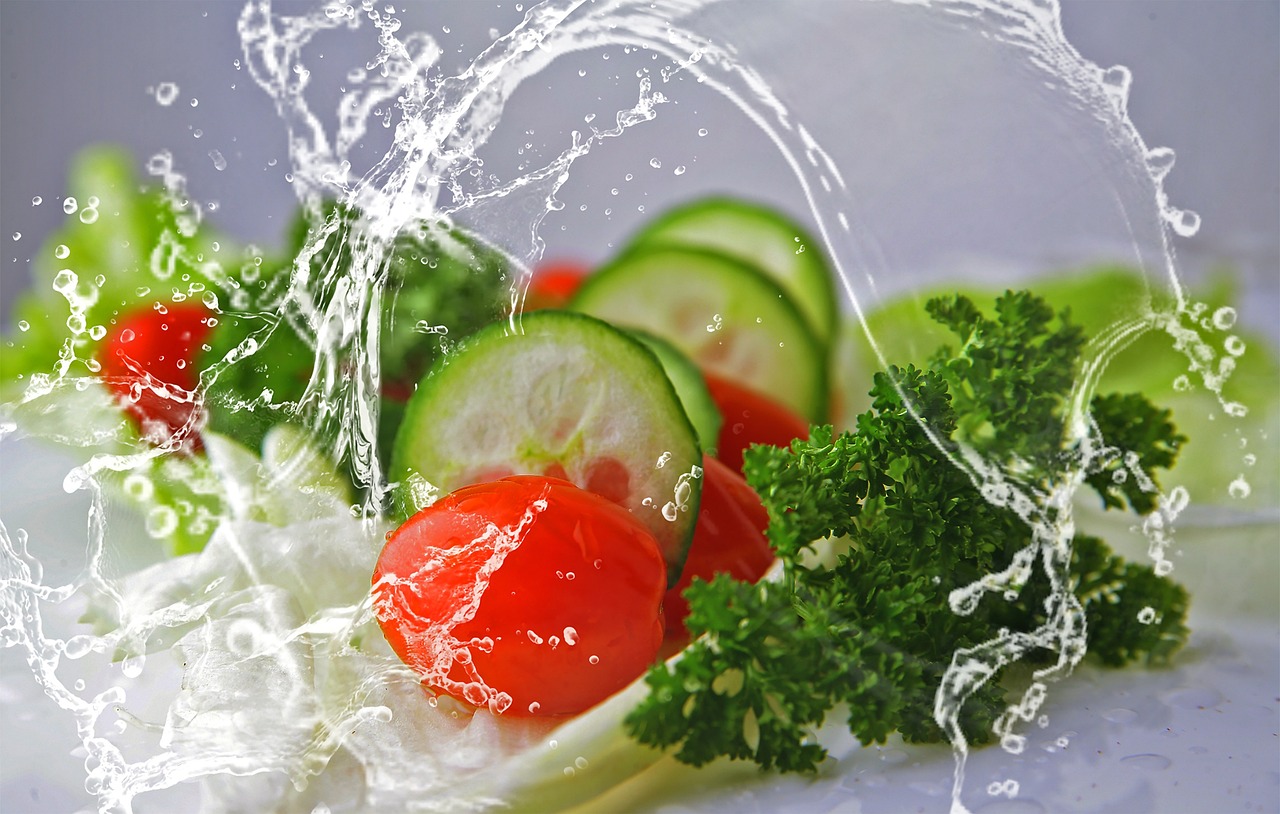 Image by Christine Sponchia from Pixabay
Image by Christine Sponchia from Pixabay
10. Store-Bought Salad Dressings
Bottled dressings are convenient but can be full of sugar, sodium, and preservatives. Making your dressing is easy, healthier, and lets you tailor the flavor to your liking.
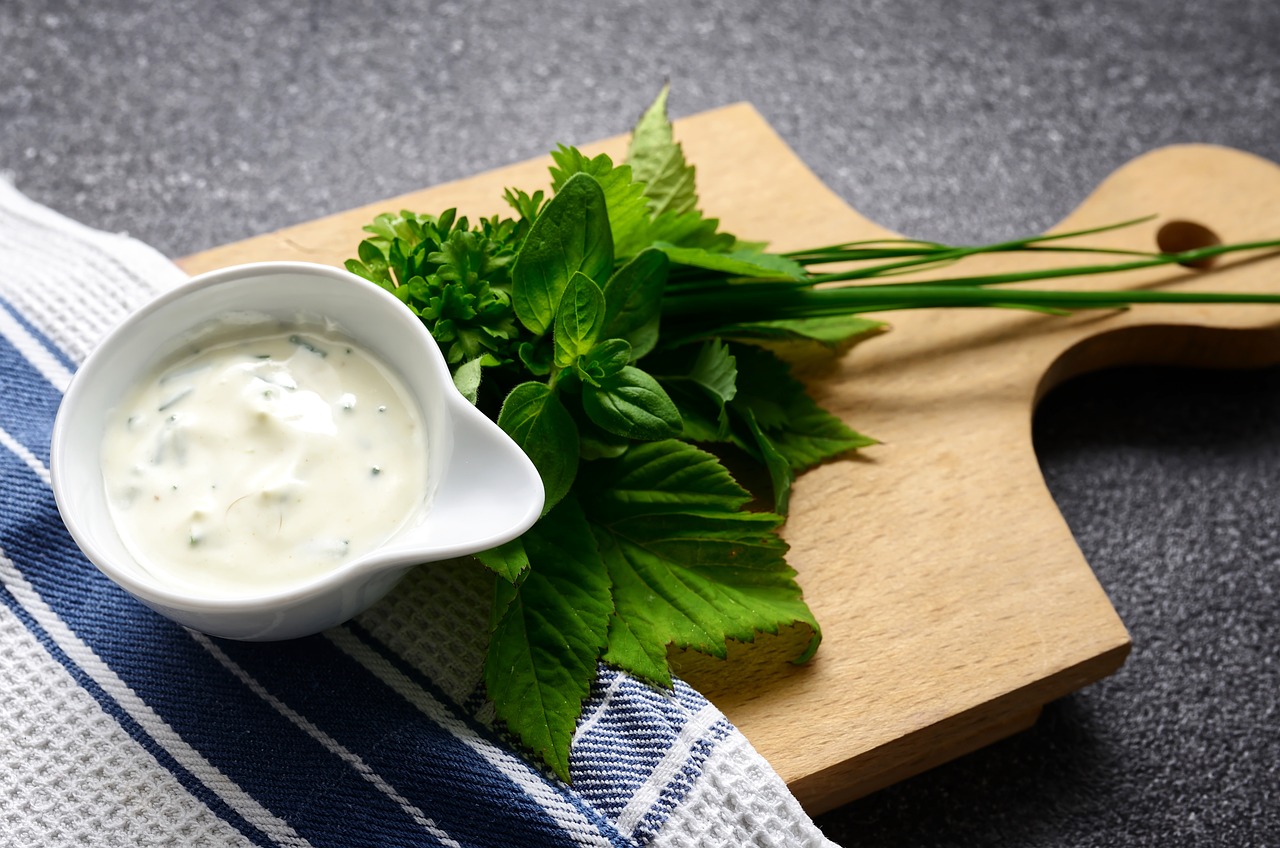 Image by congerdesign from Pixabay
Image by congerdesign from Pixabay
11. Flavoured Yogurt
Flavoured yogurts often contain a lot of added sugar. Opting for plain Greek yogurt and adding fresh fruit or honey provides the sweetness with more control over sugar intake.
 Image by StockSnap from Pixabay
Image by StockSnap from Pixabay
12. Spice Mixes
Pre-made spice mixes can contain hidden salt, sugar, and additives. Mixing your spices allows for customization and ensures you're only adding what you want to your dishes.
13. Pre-sliced Cheese
Pre-sliced cheese is more expensive and can contain additives to prevent sticking. Buying a block and slicing it yourself is more cost-effective and tastes fresher.
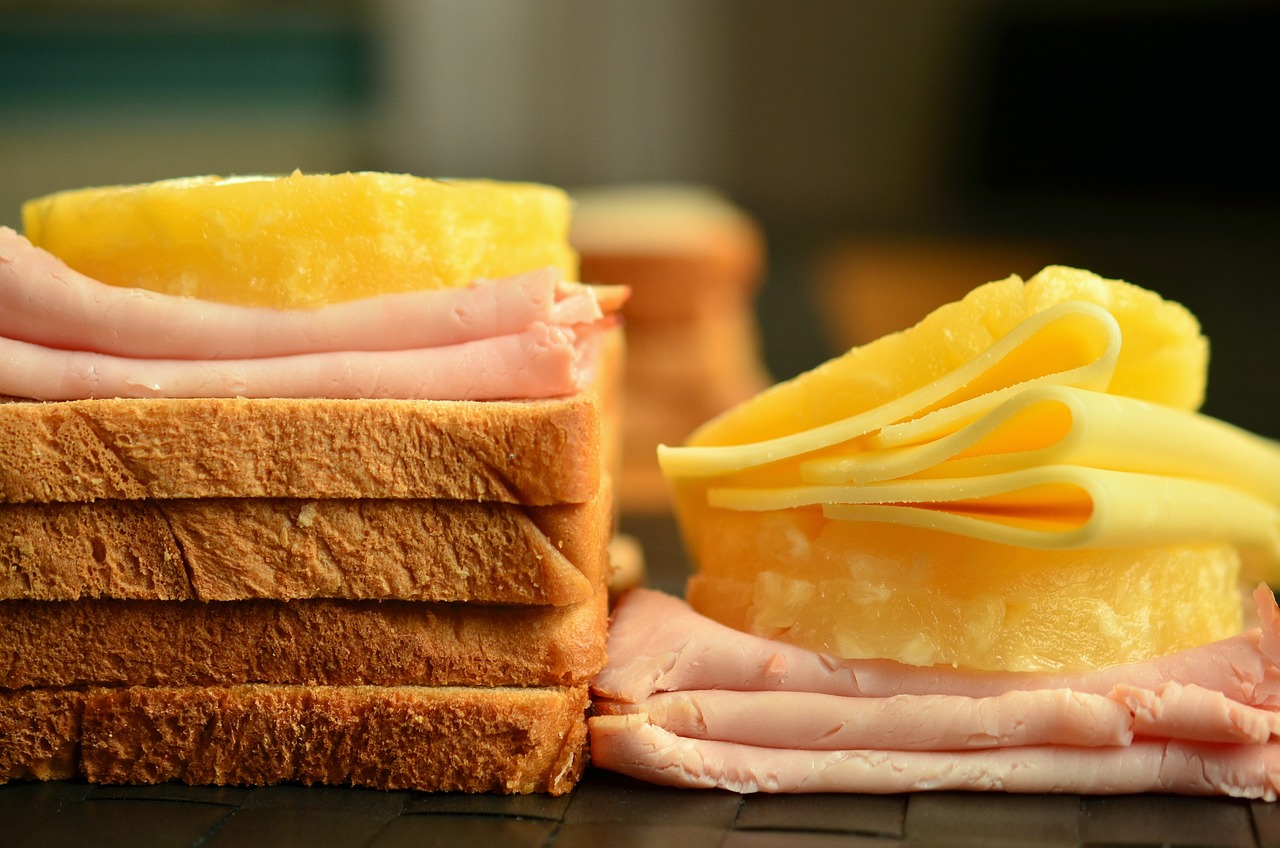 Image by congerdesign from Pixabay
Image by congerdesign from Pixabay
14. Pre-made Smoothies
Store-bought smoothies may seem healthy, but they can be loaded with sugar. Making smoothies at home lets you control the ingredients and adjust to your dietary needs.
15. Packaged Deli Meats
Packaged deli meats are convenient but can be high in sodium and preservatives. Opting for freshly sliced meats from the deli counter is a healthier choice.
16. Bagged Popcorn
Bagged popcorn is often loaded with unhealthy fats and salt. Air-popping your kernels at home is easy, cheaper, and allows you to control the toppings.
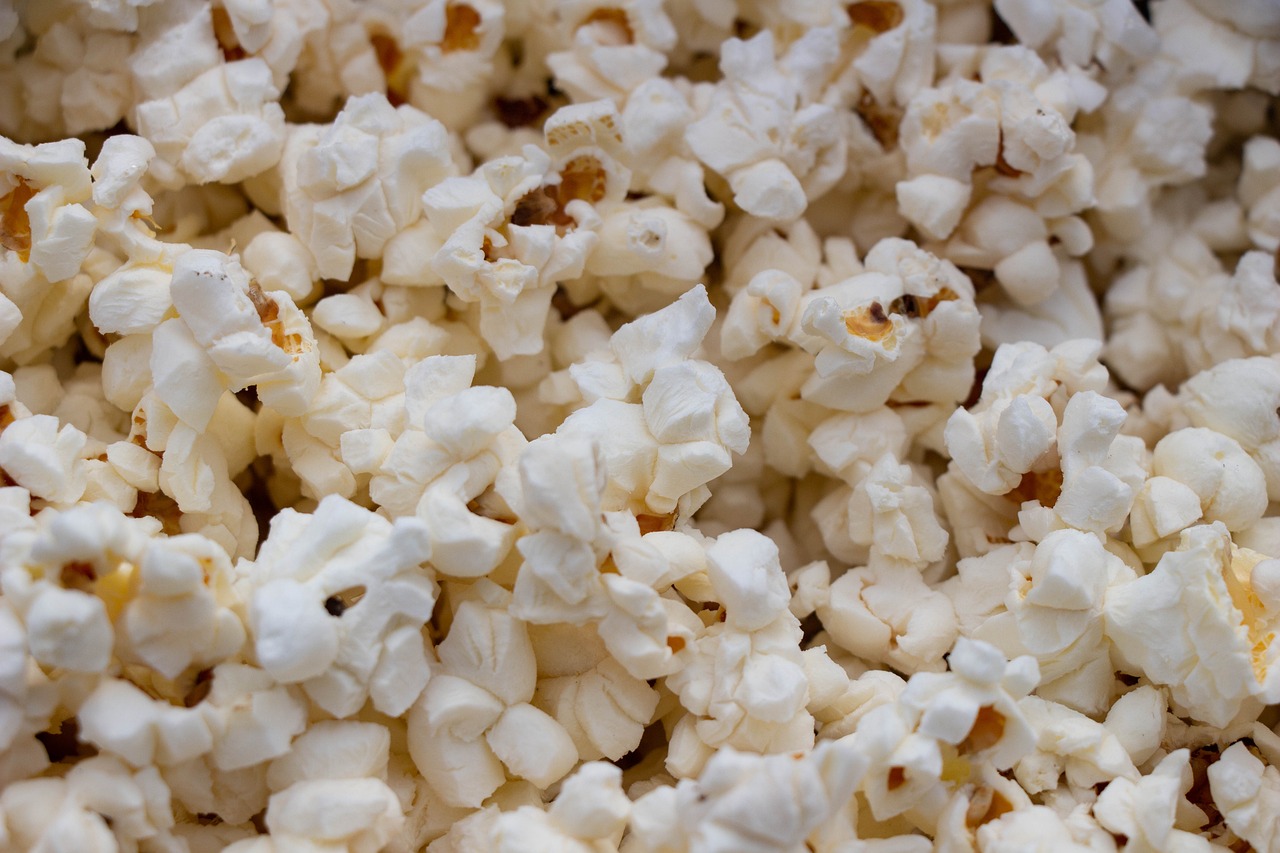 Image by Szabolcs Molnar from Pixabay
Image by Szabolcs Molnar from Pixabay
17. Vegetable Oils
Many vegetable oils are highly processed and can contain unhealthy fats. Opting for healthier fats like olive oil or coconut oil can be better for your heart health.
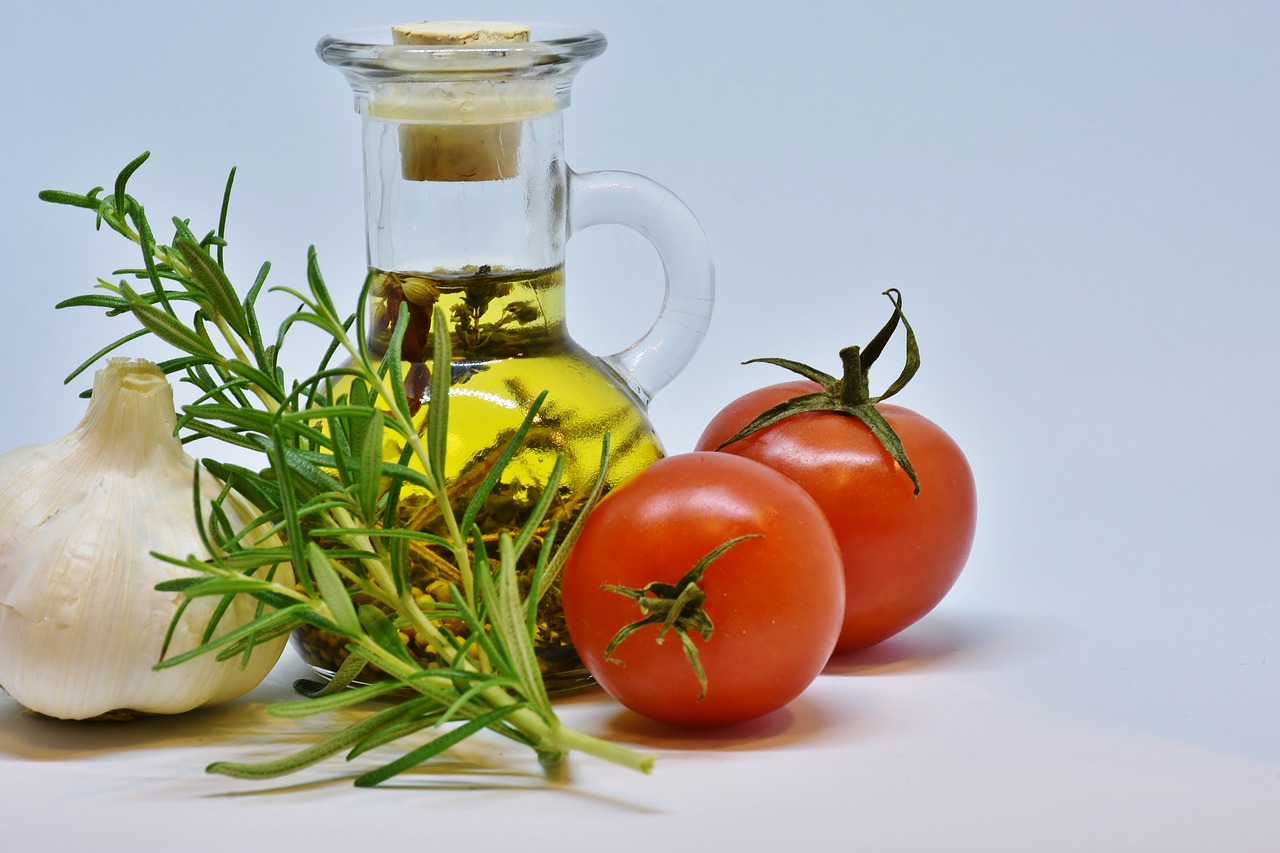 Image by -Rita-👩🍳 und 📷 mit ❤ from Pixabay
Image by -Rita-👩🍳 und 📷 mit ❤ from Pixabay
18. Microwave Popcorn
Similar to bagged popcorn, microwave popcorn often contains unhealthy fats and chemicals in the lining of the bags. Again, air-popping is a safer, healthier option.
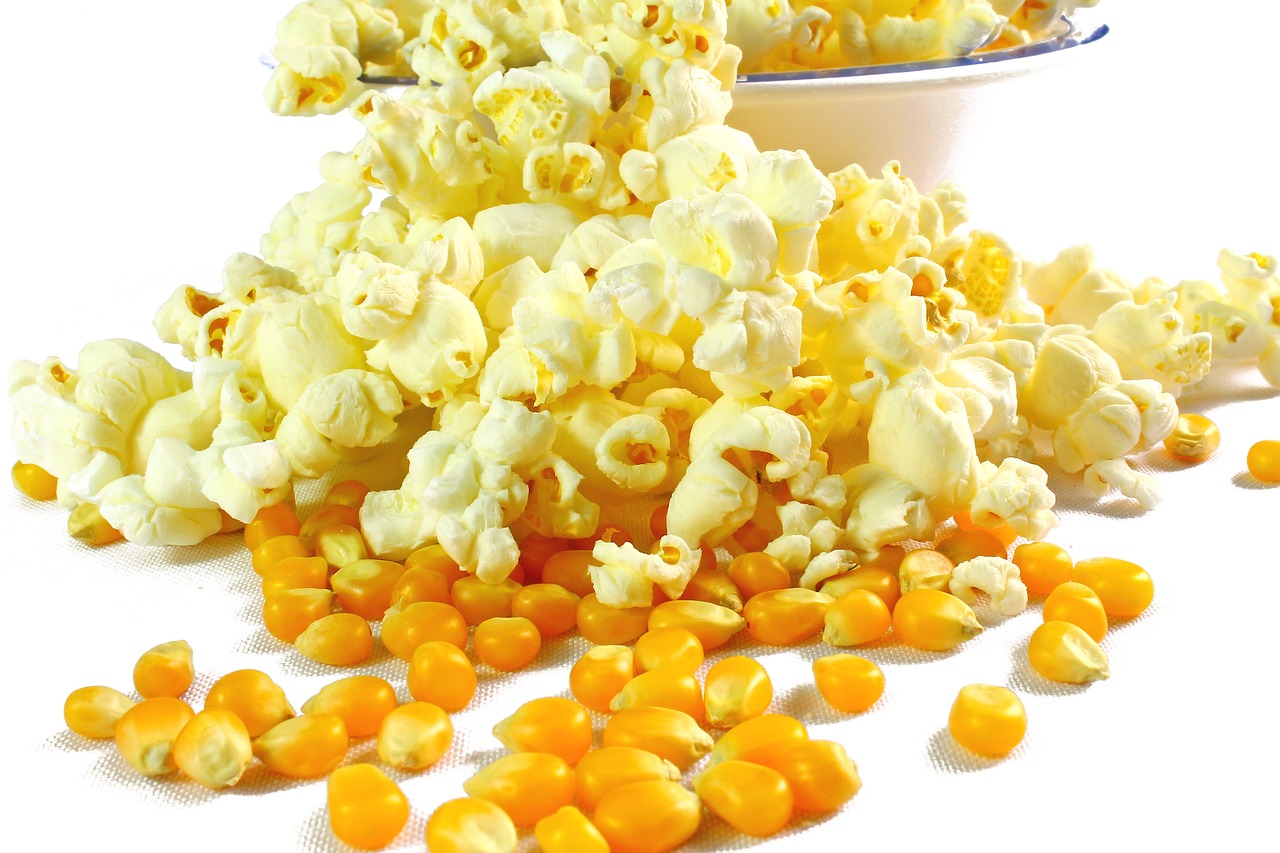 Image by Adriano Gadini from Pixabay
Image by Adriano Gadini from Pixabay
19. Breakfast Cereals
Many breakfast cereals are high in sugar and low in fiber. Choosing whole grains and adding your fruit can provide a more nutritious start to your day.
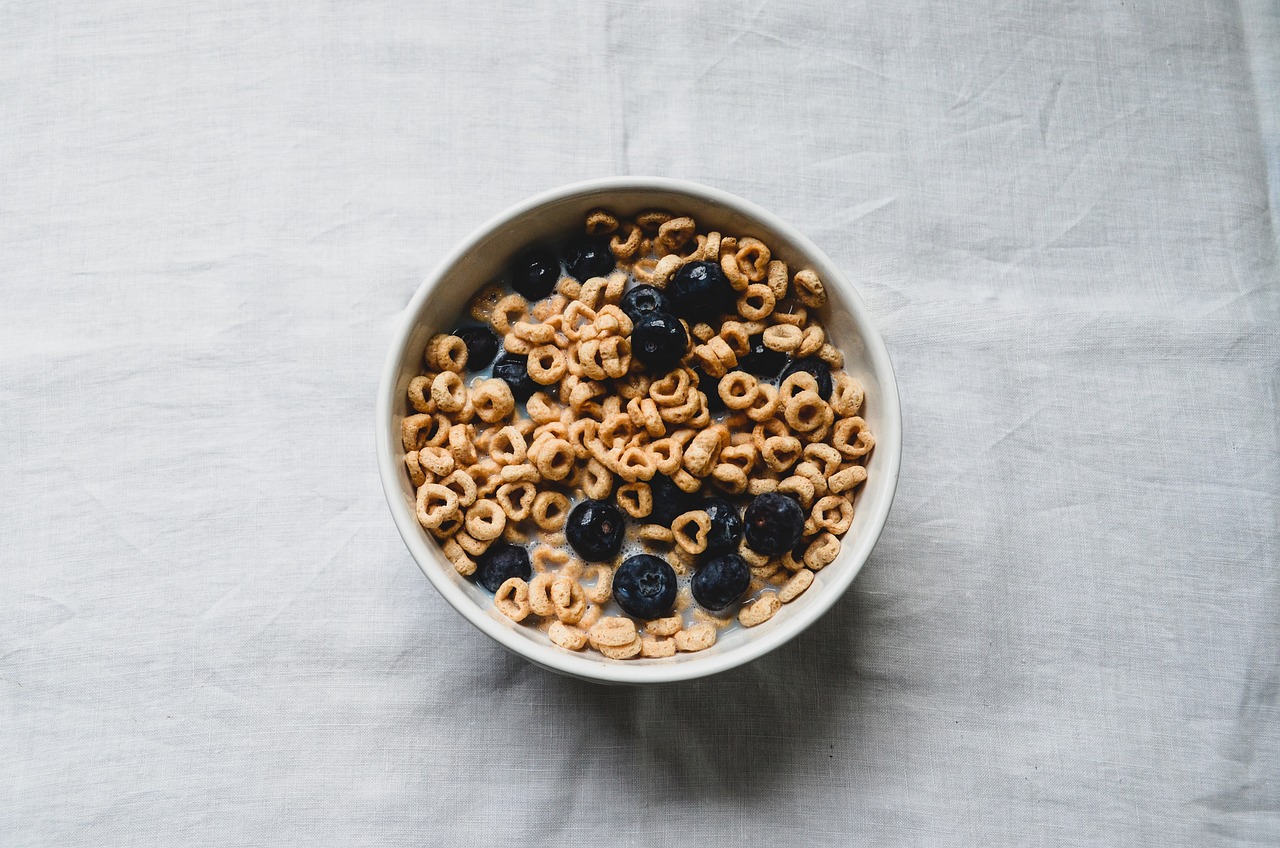 Image by Deborah Hudson from Pixabay
Image by Deborah Hudson from Pixabay
20. Instant Oatmeal Packets
Instant oatmeal packets are convenient but often come with a lot of added sugar. Buying plain oats and adding your toppings is healthier and just as quick.
21. Jarred Tomato Sauce
Pre-made tomato sauces can have a lot of added sugar and sodium. Making your sauce with canned tomatoes is easy and allows you to control the ingredients.
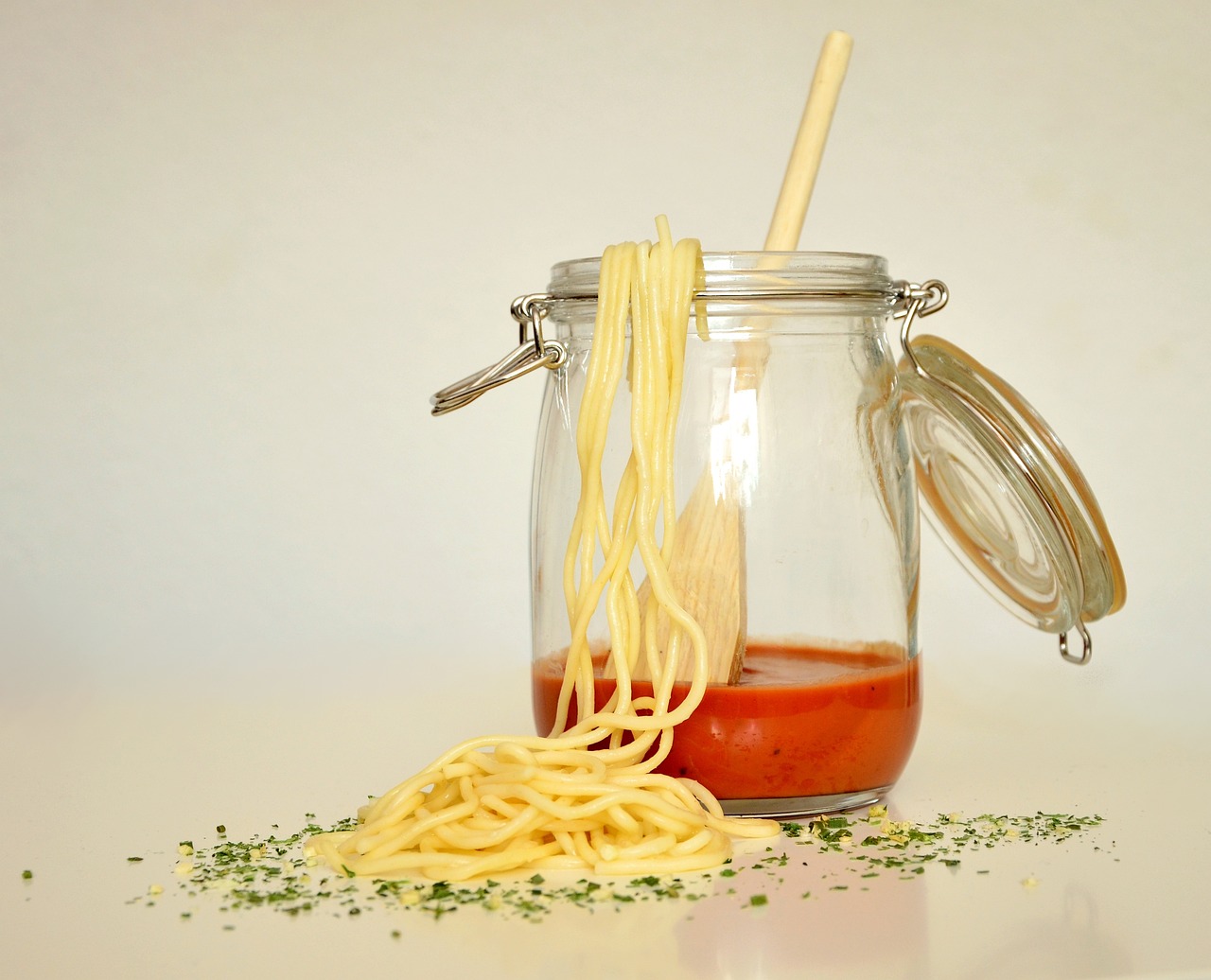 Image by congerdesign from Pixabay
Image by congerdesign from Pixabay
22. Frozen Pizza
Frozen pizzas are a quick solution but can be high in calories, sodium, and preservatives. Homemade pizza is healthier and can be a fun activity.
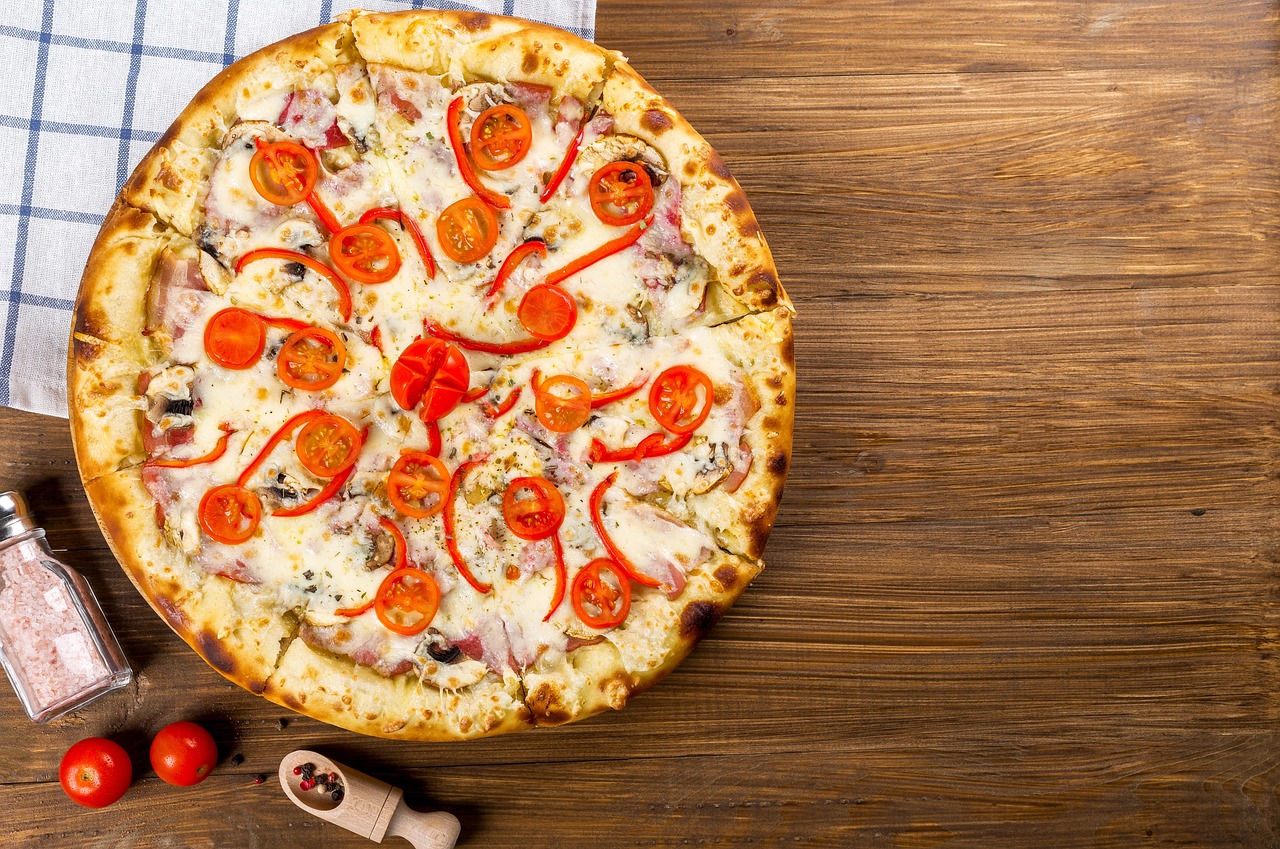 Image by Дарья Яковлева from Pixabay
Image by Дарья Яковлева from Pixabay
23. Diet Foods
Foods labeled as "diet" or "light" can be misleading and may contain artificial sweeteners or other additives. Focusing on whole foods is a better approach to healthy eating.
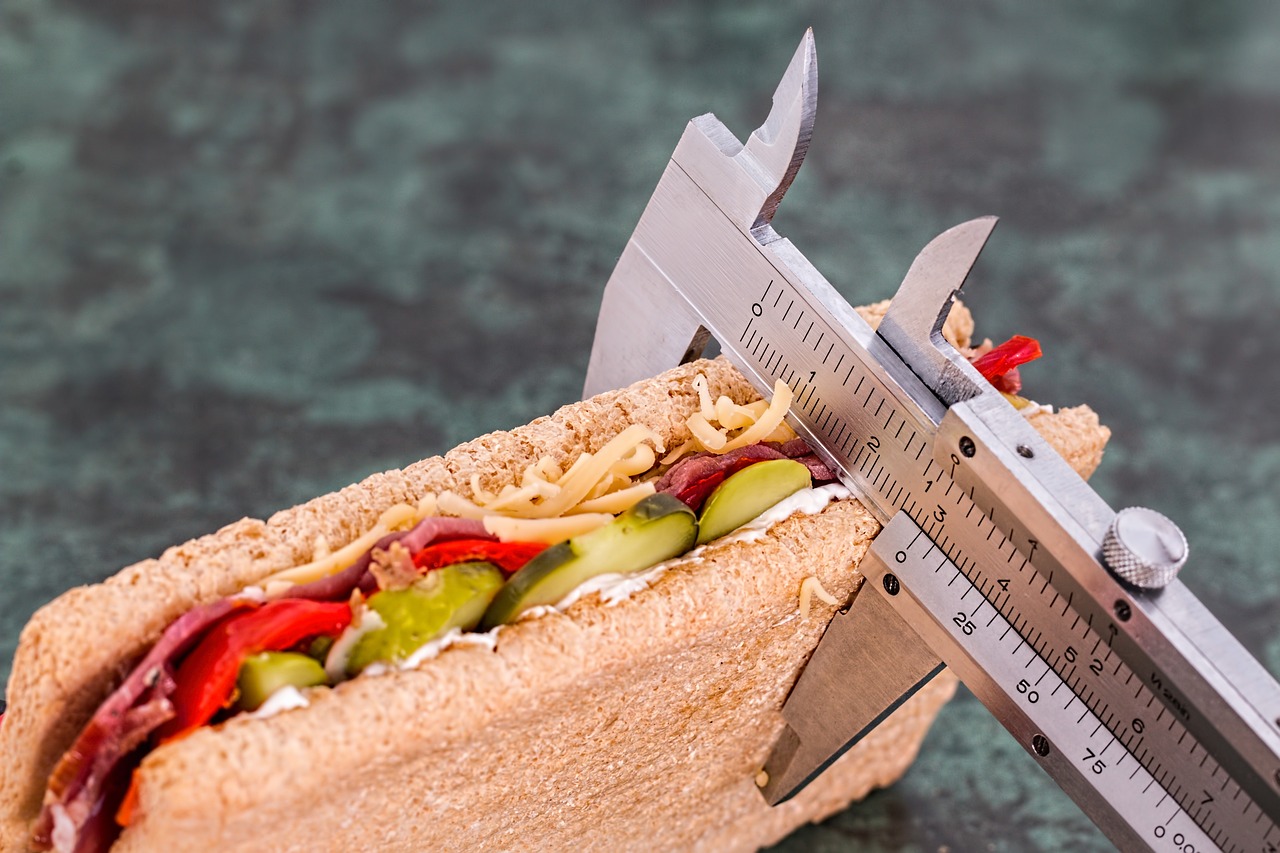 Image by Steve Buissinne from Pixabay
Image by Steve Buissinne from Pixabay
24. White Bread
White bread is made from refined grains and lacks nutrients found in whole-grain bread. Opting for whole grain provides more fiber and nutrients.
25. Fruit Snacks
Fruit snacks may seem like a healthy option, but they're often just candy in disguise, loaded with sugar and artificial colors. Real fruit is a healthier and tastier choice.
26. Granola Bars
Many granola bars are more dessert than snack, packed with sugar and additives. Looking for bars with whole ingredients or making your own can be healthier options.
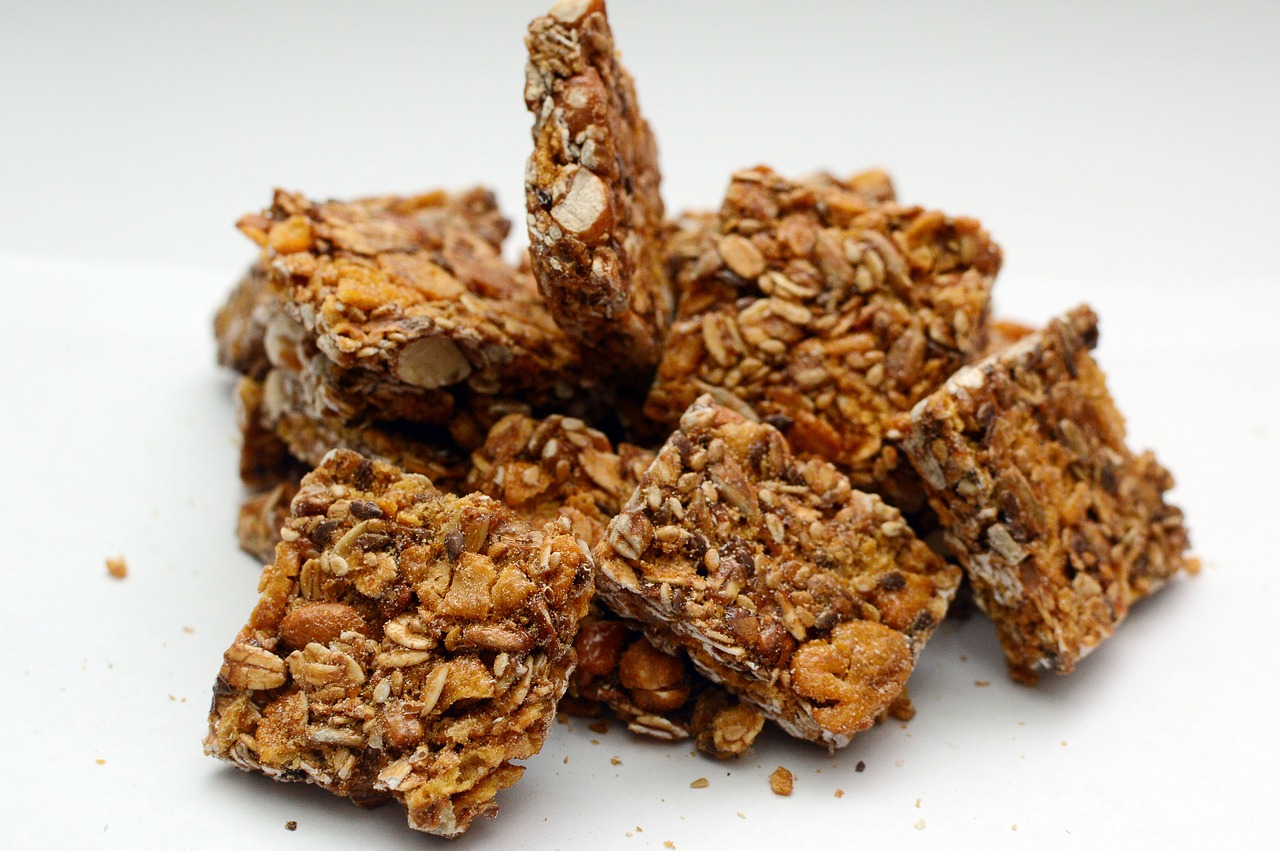 Image by Walter Rodriguez from Pixabay
Image by Walter Rodriguez from Pixabay
27. Boxed Macaroni and Cheese
The convenience of boxed mac and cheese is tempting, but it's often high in sodium and artificial colors. Homemade mac and cheese is tastier and can be made with real ingredients.
 Image by Amanda Whitlatch from Pixabay
Image by Amanda Whitlatch from Pixabay
28. Artificial Sweeteners
While they may offer a calorie-free alternative to sugar, artificial sweeteners can have negative effects on your gut health and cravings. Natural sweeteners like honey or maple syrup are better in moderation.
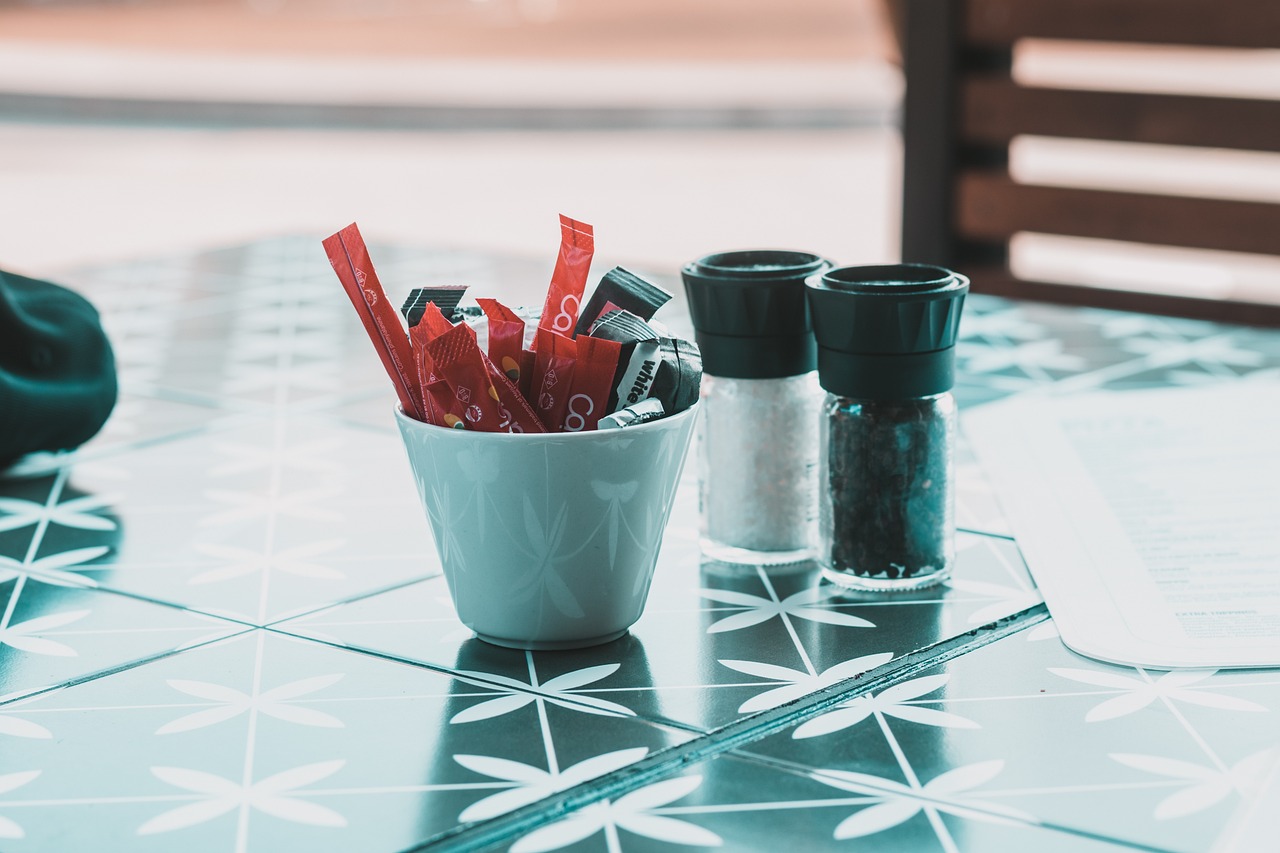 Image by Clayton Majona from Pixabay
Image by Clayton Majona from Pixabay
29. Pre-made Pie Crusts
Pre-made pie crusts are a time-saver, but they can contain trans fats and preservatives. Making your crust is easier than you might think and tastes much better.
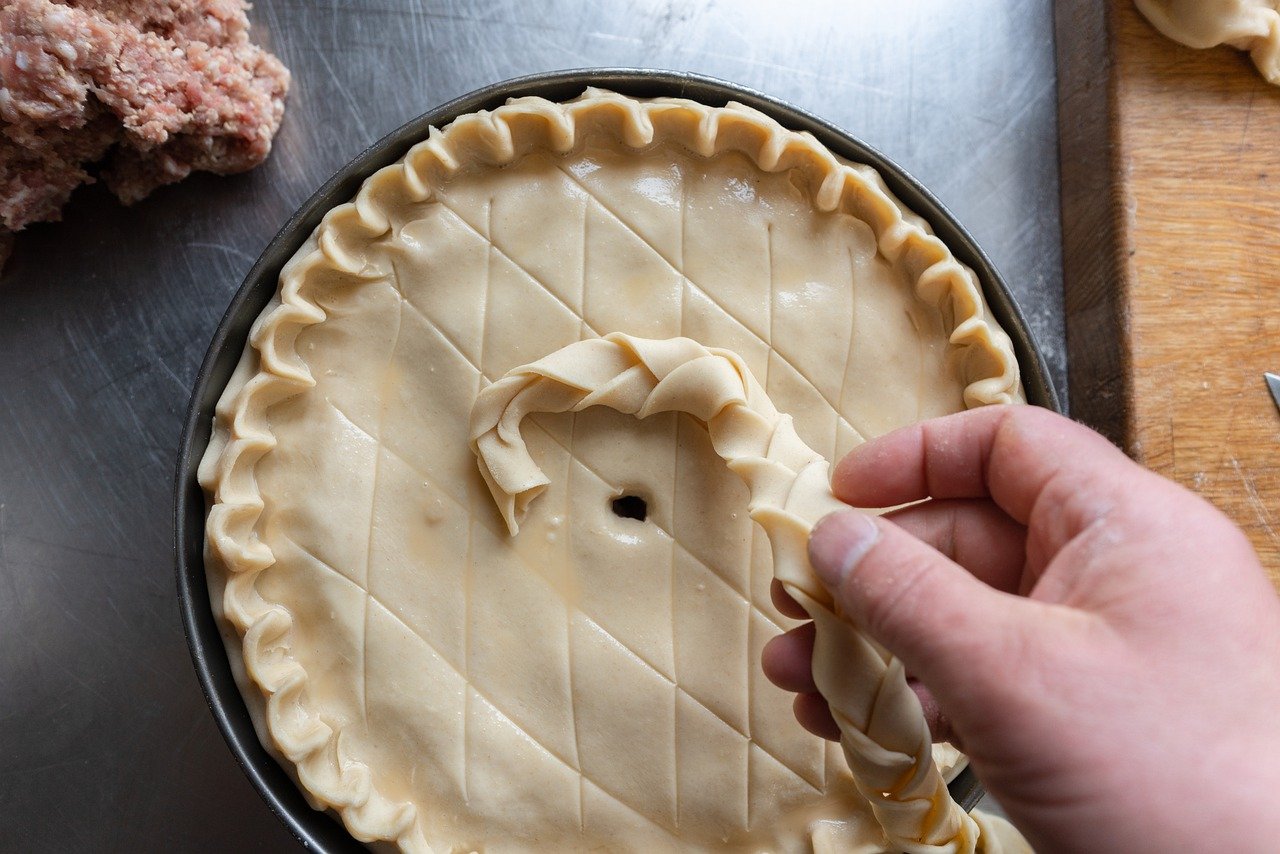 Image by Sylwester Lukaszonek from Pixabay
Image by Sylwester Lukaszonek from Pixabay
30. Non-Dairy Creamers
Non-dairy creamers can contain a long list of artificial ingredients and trans fats. Opting for milk or plant-based milks offers a cleaner creamer option for your coffee.
KEEP ON READING



